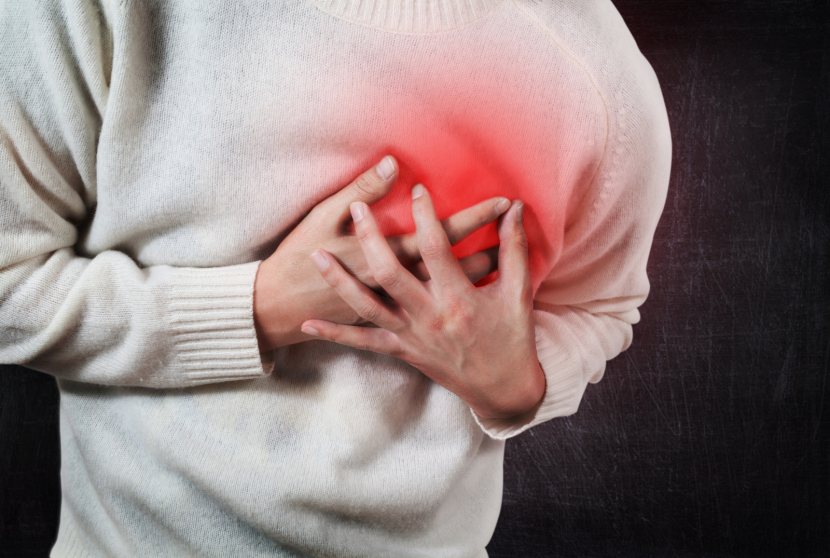Chest pain can feel alarming—and for good reason. While it’s often associated with heart attacks, there are many different causes of pain, ranging from mild to life-threatening. Whether it’s sharp, dull, burning, or tight, knowing what chest pain means and when to take it seriously can make all the difference.
In this blog, we’ll explore the common causes of chest pain, related symptoms, when to seek medical attention, and what treatments are available.
What Is Chest Pain?

Chest pain refers to discomfort or pain that you feel anywhere along the front of your body between your neck and upper abdomen. It can come on suddenly or develop slowly, and may vary in intensity, duration, and type of sensation.
It can be:
- Sharp or stabbing
- Burning or aching
- Pressure-like or tight
- Radiating to the arms, jaw, or back
Understanding the underlying cause is key to appropriate treatment.
Is It Heart-Related? Common Cardiac Causes
Chest pain is often linked with heart problems. If you experience the following, seek immediate medical care:
1. Heart Attack (Myocardial Infarction)
Occurs when blood flow to the heart is blocked. Symptoms include:
- Pressure or tightness in the chest
- Pain radiating to arms, neck, or jaw
- Sweating, shortness of breath, dizziness
Heart Palpitations: Causes, Symptoms, and When to Seek Help
2. Angina
Caused by reduced blood flow to the heart muscles. It often occurs during physical exertion and feels like pressure or squeezing in the chest.
3. Pericarditis
An inflammation of the lining around the heart. It may worsen when lying down or taking deep breaths.
Non-Cardiac Causes of Chest Pain
Not all chest pain is heart-related. Common non-cardiac causes include GERD, which causes a burning feeling in the chest from acid reflux, and muscle strain or rib injury, which can lead to sharp pain that worsens with movement. Anxiety or panic attacks may also cause chest tightness, palpitations, and shortness of breath. Lung conditions like pneumonia, pleurisy, or a pulmonary embolism can result in sudden pain and breathing difficulty. Recognizing these causes can help determine whether the pain needs urgent medical attention.
When to Seek Emergency Help
Call emergency services immediately if you experience:
- Sudden chest pain that doesn’t improve with rest
- Pain radiating to the jaw, back, or left arm
- Difficulty breathing or feeling faint
- Cold sweat, nausea, or confusion
- A history of heart disease or risk factors like diabetes, smoking, or high blood pressure
Remember: It’s better to overreact than to ignore signs of a heart attack.
Diagnosis & Tests

If you visit a hospital with chest pain, the doctor may perform several tests to determine the cause. An electrocardiogram (ECG or EKG) is often the first step to check your heart’s rhythm and electrical activity. Blood tests may be done to detect markers that indicate heart muscle damage, such as during a heart attack. A chest X-ray can help assess the condition of your lungs, heart, and chest bones. In some cases, an echocardiogram is used to evaluate how well your heart is pumping. For a more detailed look at your heart’s blood flow, the doctor might also recommend a stress test or coronary angiography. These tests help identify or rule out serious heart conditions.
Harvard Health – Lifestyle Tips to Protect Your Heart
Final Thoughts
To prevent this pain, follow a heart-healthy diet, exercise regularly, get enough sleep, avoid smoking and excess alcohol, and manage stress. Regular checkups are key, especially if you have risk factors. Never ignore chest pain—early evaluation can save lives.




